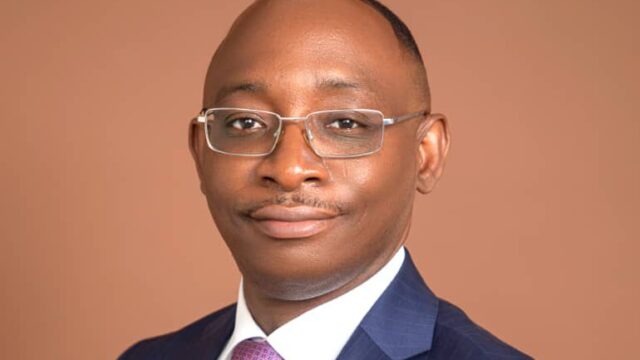The Bureau of Public Procurement (BPP) has sent a clear message to procurement officers across all government ministries, departments, and agencies (MDAs): any involvement in contract inflation or circumvention of due process will be met with exposure and sanctions. This decisive stance, articulated by BPP Director-General Dr. Adebowale Adedokun, underscores a renewed commitment to transparency and accountability in public procurement. Speaking at a workshop for directorate-level procurement officers, Adedokun emphasized that the era of collusion and unethical practices is over. Procurement officers are expected to uphold the highest professional standards, meticulously scrutinizing every stage of the procurement process, from needs assessment and specifications to contract award and execution. The BPP’s commitment to holding officers accountable is a critical step towards restoring public trust and ensuring that public funds are used judiciously.
The Director-General’s warning highlighted several key areas of concern. Inflated contracts, often a result of collusion between procurement officers and contractors, represent a significant drain on public resources. Similarly, accepting poorly drafted specifications from user departments without thorough review can lead to suboptimal project outcomes and wastage. Adedokun stressed that procurement officers must act as gatekeepers, ensuring that every aspect of the process adheres to established guidelines and best practices. They are expected to provide documented evidence of their due diligence, demonstrating their commitment to transparency and accountability. The BPP’s message is unambiguous: procurement is no longer a shadowy backroom activity but a crucial function that demands professionalism, integrity, and a dedication to national development.
Adedokun also addressed the persistent problems of contract splitting and unapproved procurement processes, practices that undermine the integrity of the system and create opportunities for corruption. The BPP’s audits have revealed numerous instances of these violations, often linked to procurement officers seeking personal gain. By emphasizing the illegality of these practices, the Director-General reinforced the Bureau’s commitment to enforcing the law and holding those responsible accountable. The focus is shifting from simply awarding contracts to leveraging procurement as a strategic tool for national development. This transformative approach recognizes that efficient and transparent procurement processes are essential for maximizing the impact of public spending and driving socio-economic progress.
The Director-General’s address articulated a broader vision of public procurement as a catalyst for national development. He emphasized that procurement is not merely a transactional process but a strategic lever for achieving national objectives. By aligning procurement with development goals, the government can ensure that public funds are used effectively to improve the lives of citizens. This includes using procurement to stimulate economic growth, promote sustainable development, manage risks, reduce poverty, attract foreign investment, and foster fairness in society. This holistic perspective elevates procurement beyond a purely administrative function, positioning it as a key driver of positive change. The BPP is committed to supporting officers who perform their duties diligently, providing them with the necessary protection and backing to resist pressure and uphold ethical standards.
Furthermore, the BPP is committed to protecting procurement officers who adhere to ethical practices. Adedokun assured officers that the Bureau would stand by those who do the right thing, providing them with the necessary support to resist pressure and maintain their integrity. Conversely, those who compromise their positions will face exposure and sanctions. This clear message of support and accountability is essential for fostering a culture of integrity within the procurement system. The BPP’s commitment to protecting whistleblowers and exposing corrupt practices is a vital step towards building a more transparent and accountable public sector. The Bureau is also working on a policy to debar consistently defaulting contractors, further strengthening the framework for responsible procurement practices.
The BPP’s emphasis on integrity and accountability aligns with the broader goals of the Renewed Hope Agenda, which prioritizes efficient and transparent governance. The reforms envisioned under this agenda require a robust and ethical procurement system to ensure that public resources are used effectively to achieve development objectives. Adedokun’s concluding remarks underscored the critical role of procurement officers in national development. He urged them to let their conscience guide their decisions, reminding them that the future of Nigerians depends on the effectiveness and honesty of procurement processes. By upholding the highest ethical standards, procurement officers can contribute significantly to transforming governance and improving the lives of citizens. The support from the Head of Service and the Code of Conduct Bureau further solidifies this commitment to integrity and accountability within the public procurement system.














